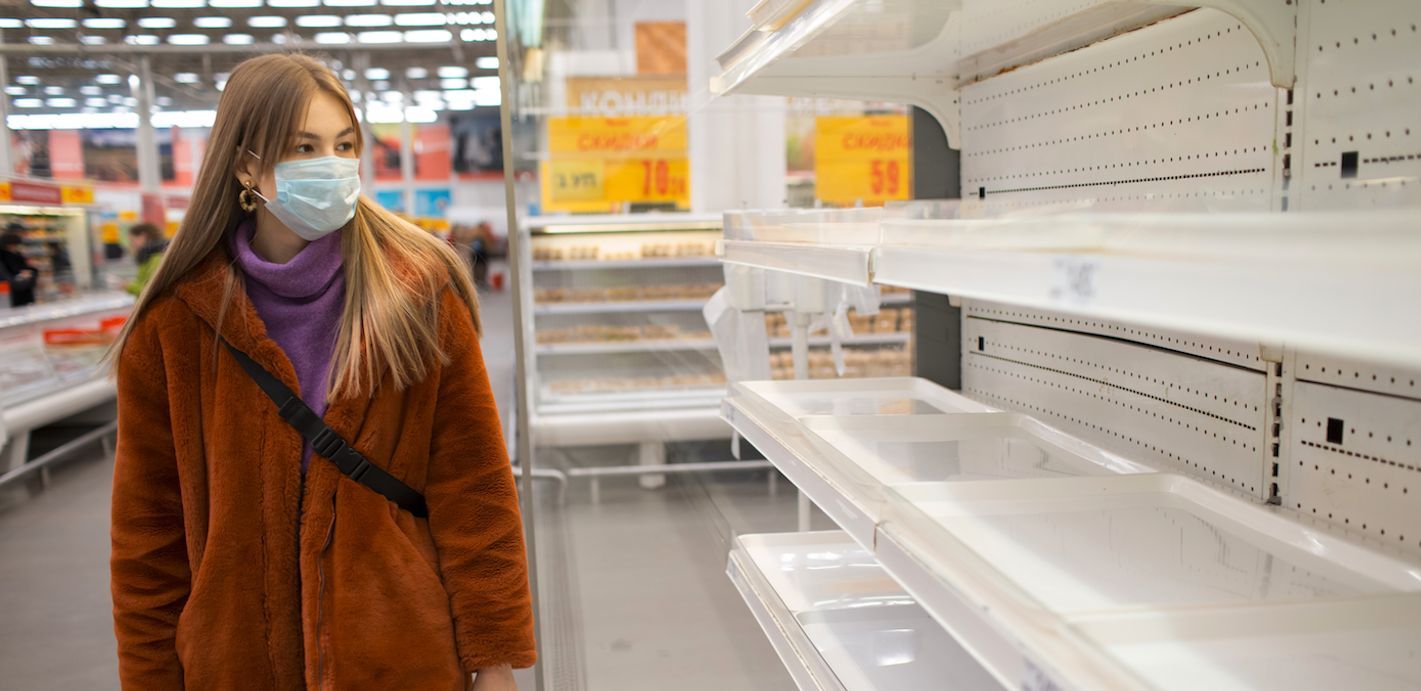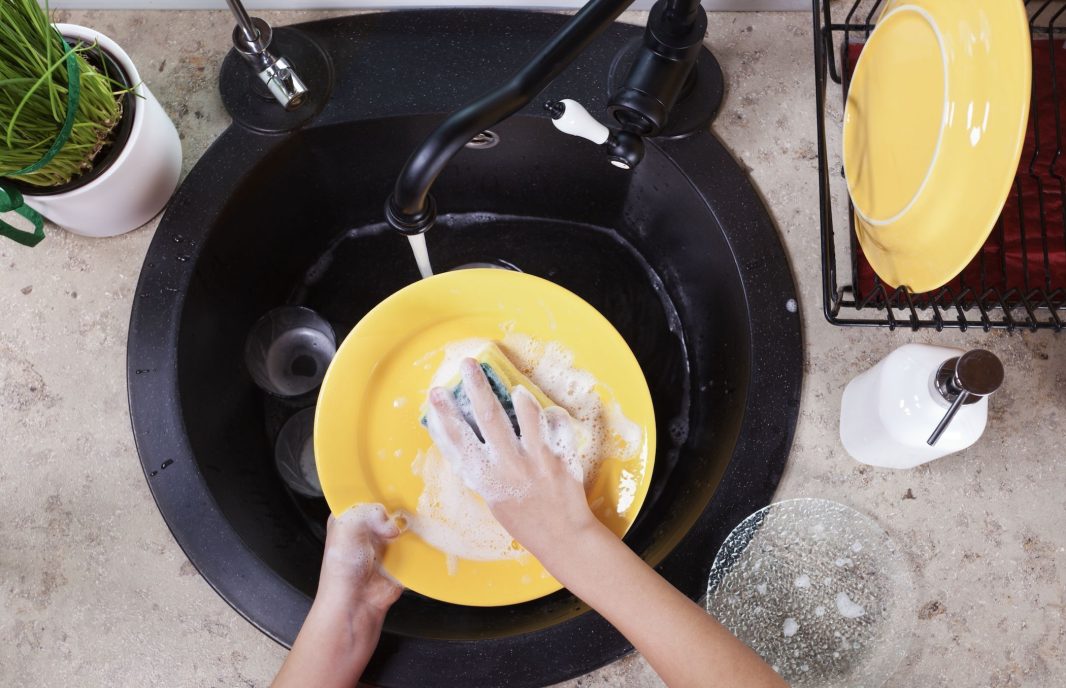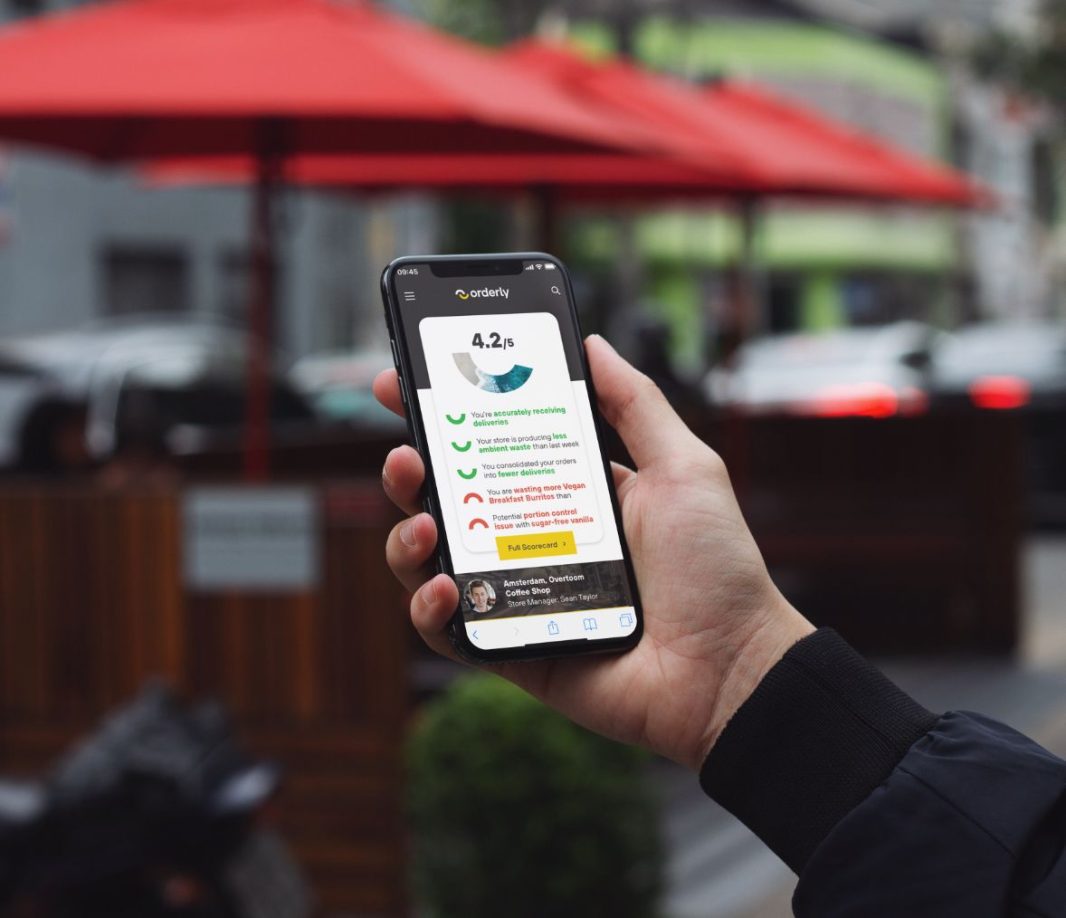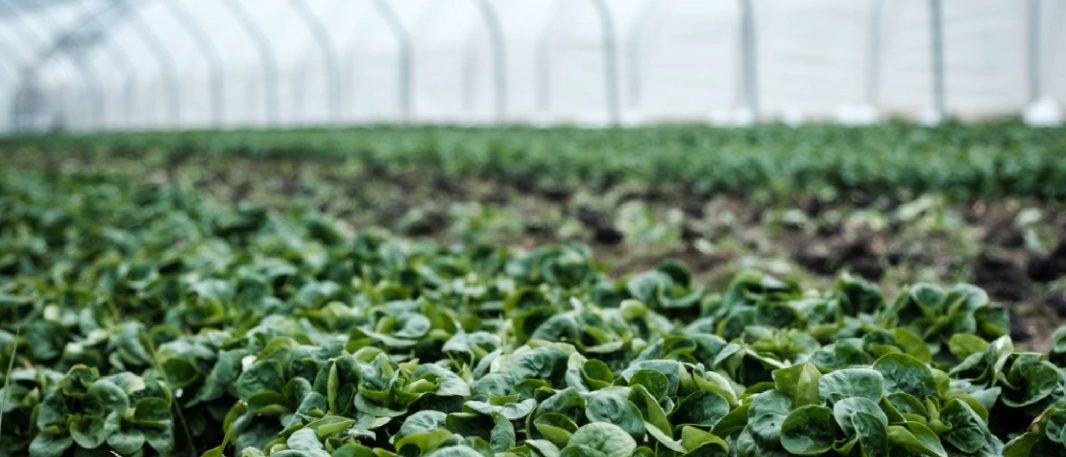Have you been affected by the ‘pingdemic’? Set to a backdrop of government switcheroos and the ever-shifting sands of the understanding of the virus itself, it has been reported that more than half a million people were “pinged” by the official app in the week up to 7 July. The primary industry suffering is retail, and at this point, despite vaccines, up to 16% of people working in plants could be absent. The British Retail Consortium has urged the government to act to help relieve the pressure on supply chains caused by COVID-related staffing shortages.
It can be hard to get a feel for the levels of disruption in industries where people cannot efficiently work from home – but supermarkets and transport networks have both suffered.
Perhaps someone you know or live with has been affected. It isn’t just the absence of your friendly checkout assistant at your supermarket. It’s the lady who drives the vehicles to the store, the chap who loads the vehicles in good time to meet cut off points, the people in health and safety, delivery, supply and warehouse roles. Iceland has even closed entire stores due to staff shortages. At the same time, up to one-in-four waste collection crews are not at work, and rounds for general waste collection and recycling have been missed.
This all has damaging effects on the environment, as well as our daily lives.
How the pandemic is making us wasteful
As we near the 18-month mark of the pandemic and are in the midst of the pingdemic, we see it has led to one of our least favourite comebacks – stockpiling.
Headlines such as: “Increasing pressure to keep shelves stocked as ‘pingdemic’ threatens staffing” have once again resulted in stockpiling. The ordinary, conscientious consumer sees reports on stockpiling and empty shelves, and this again leads to empty shelves.
This isn’t just the people with towering trollies of loo roll; whenever you buy more food than usual and stockpile it away without necessarily using it, results in a potential increase of food waste and associated food packaging materials.
For older generations, this is normal.
Back during WW2, the government encouraged individuals to set up their own food stores. On 2 February 1939, the President of the Board of Trade told Parliament:
‘I see no objection to the accumulation by householders in peacetime of small reserves of suitable foodstuffs equivalent to about one week’s normal requirements … Household reserves of this kind would constitute a useful addition to the total stocks of the country.’
However, the global supply chain we now have makes stockpiling individual stores actually more disruptive—the volume of packaging and the associated footprint needed to make the delivery all means that the impact of stockpiling is far more detrimental than it would be back then.
The pandemic should make making us more conscious of food waste – but that’s not the reality.
A 2020 study showed that because employment, rather than unemployment, is correlated with increased food waste, decreased employment and income may have led to a decrease in food waste, but in a true example or the difference between correlation and causation – it seems that regardless of our position on payroll, the average amount of waste produced by each household in Britain rose by a fifth last year to 1.2 tonnes, much higher than it was before Covid-19.
According to sustainable brands in a study of the same year, 73 per cent of US consumers believe brands should provide clear information to consumers about how a product was made, who made it, and what’s in it – a sign of awareness into the impact of food and its footprint – as many people continue to work from home and rely on online deliveries, the reality of having less may take time to materialise.
Online sales increased 39% year over year in Q1 2021, nearly triple the 14% increase in Q1 2020, and faster than Q3 2020 and Q4 2020.
Many of us are stuck in a state of cognitive dissonance, aware that we are making decisions that are detrimental for the planet but trying to ‘make it through’ this tough period.
While there has been an outcry to Amazon’s reported dumping of ‘70%’ of food following an ITV news expose resulting in leaders of six of the UK’s most prominent environmental groups writing to the Prime Minister urging him to work with the devolved administrations to introduce new rules on what companies can and cannot do with unsold or returned products, a pandemic is a unique scenario that brings out the hoarder in many of us.
A study published in the journal Environment, Development and Sustainability (2020) reported that during a crisis, there is a preference to save rather than to throw, as consumers did during severe recessions in Greece and Italy, leading to reduced waste. But the same researchers also contend that pandemic-driven disruptions such as lockdowns, storage limitations, and stockpiling, coupled with the lack of consumer cooking skills and practices, could have increased household food waste during COVID-19.
While the short-term gains of those extra goods provide a psychological boost, the effects can be detrimental to everyone if mishandled. Take in the USA, for example, when Hurricane Harvey hit oil-rich Houston, Texas, in 2017, an influx of panic bought fuel led to a two year high in costs.
Let’s not forget that around one-third of food for human consumption gets lost or wasted globally, around 1.3 billion tonnes a year. A large portion of this waste occurs when it reaches consumers and what is happening with panic buying is a potential increase of avoidable waste at the end of the chain, after purchase.
Do consumers need to worry?
Consumers shouldn’t worry about their cupboard – but they should worry about the planet. The reports of shortages have been in the news for over two weeks but are still described by the stores themselves as ‘not widespread’. The Co-op said items such as soft drinks, personal care products such as deodorant and beer have been the worst affected, and even Iceland, who have closed stores due to the pingdemic – have told consumers not to stockpile.
Some products continue to be affected by new regulations caused by Brexit, and some scarcity may be down to local issues; and the current volatility means that there may be disruptions, but supply chain teams may only have to guess levels of demand for a very short period.
It seems that as in back on March last year, or last Christmas, keeping shelves stocked and stable is about trust, a word that is on all of our lips now, whatever our political leaning.
Intelligent systems, supply chain technology and strategies that have been tried and tested over 18 months of hardship will all bear if businesses implement them properly and work together for better supply chain visibility.
The rules around self-isolation are set to change from 16 August. From this date, people who have been fully vaccinated for at least 14 days and under-18s will not have to self-isolate if they come into contact with someone who has tested positive for Covid-19. In addition, the government may choose to change some rules between the time of writing, which may ease the situation further.
What about suppliers?
The CDC’s advice is that ‘implementing contingency strategies before crisis strategies’ is a recommended tactic, and this is the view that retailers will have to take right now. The Covid-19 crisis has caused major disruption in supply chains – but also a chance to reassess how things are done.
The right technology can fix the future of food and the challenges faced during the height of the pandemic bring with it a spirit of innovation, which is never in short supply. Whilst many moved quickly to improvise solutions, there is hope that COVID-19 may bring about a lasting reinvention of how we access, consume and dispose of food.
Orderly are actively working to increase responsibility within the food and beverage supply chain to reduce waste, and make the world better for more people.
Orderly is here to support. For more information, contact us.







